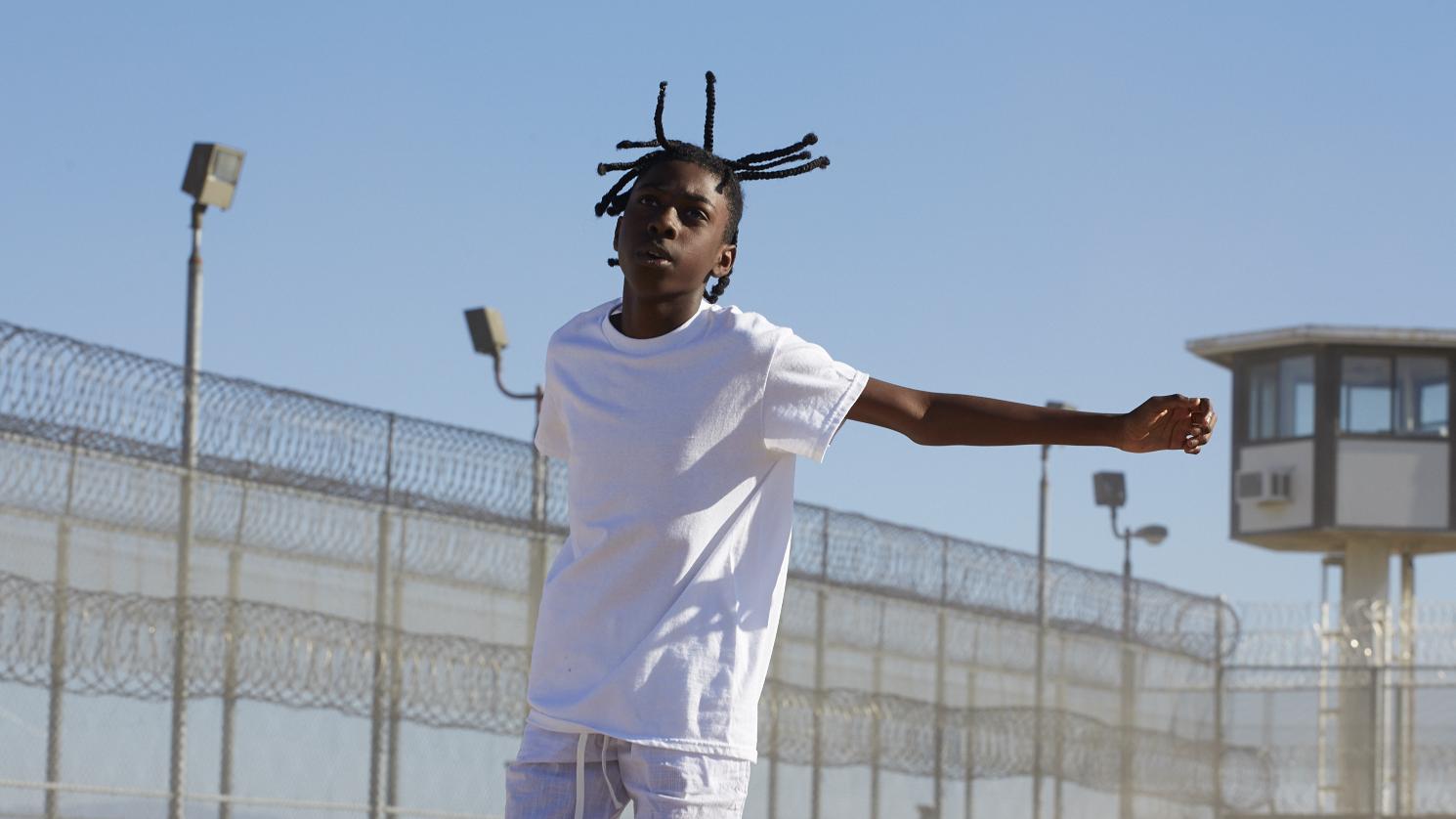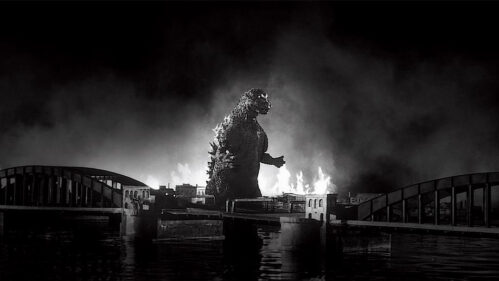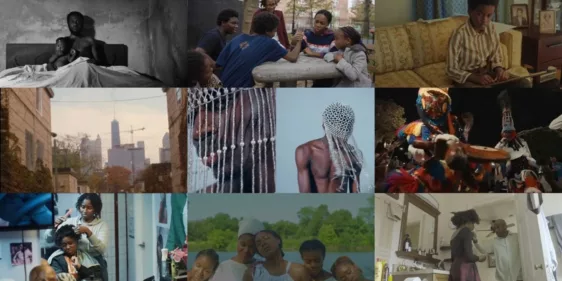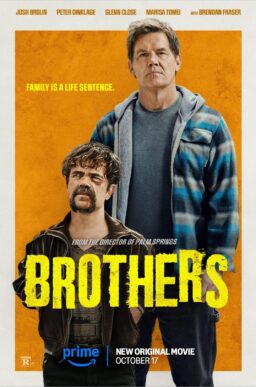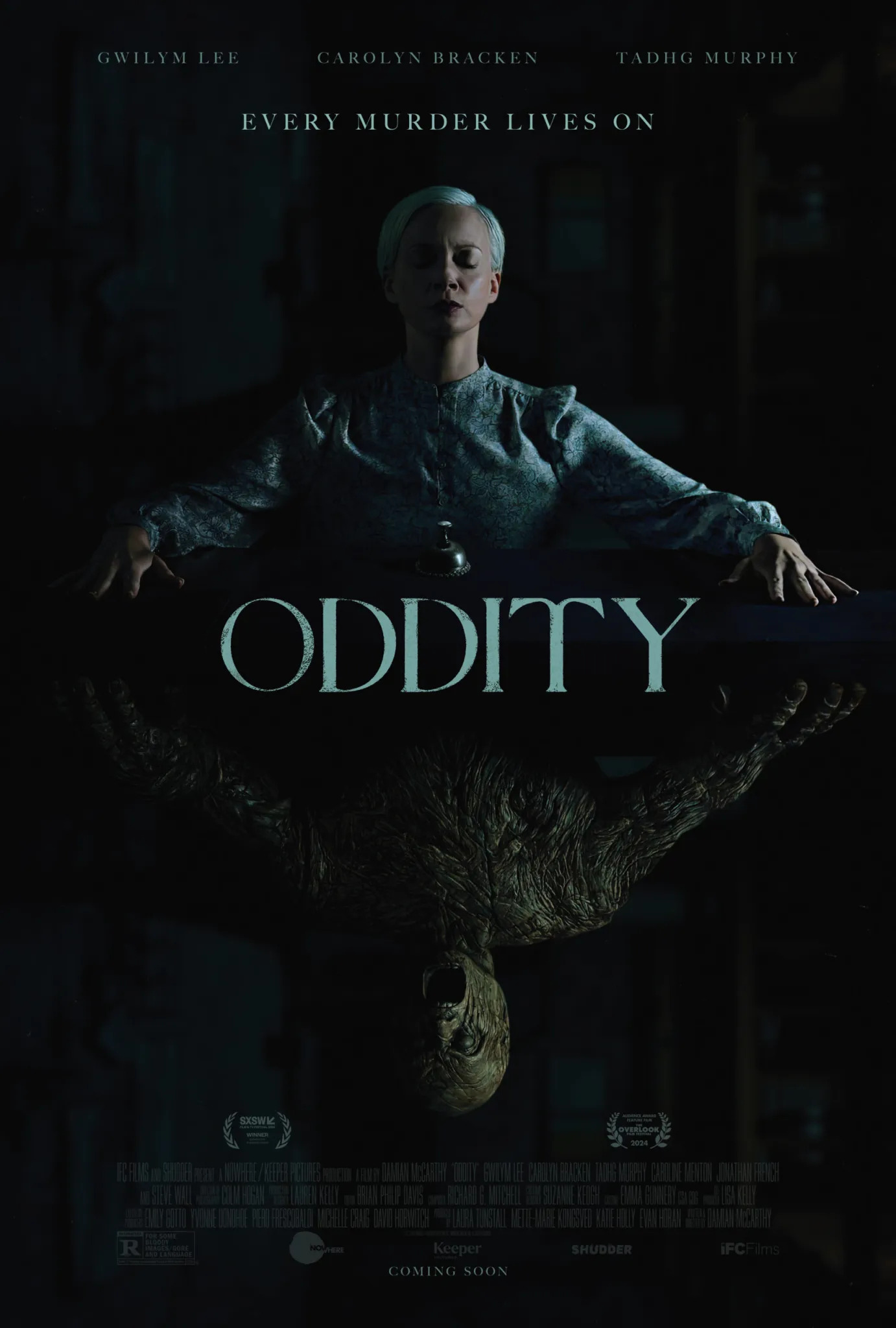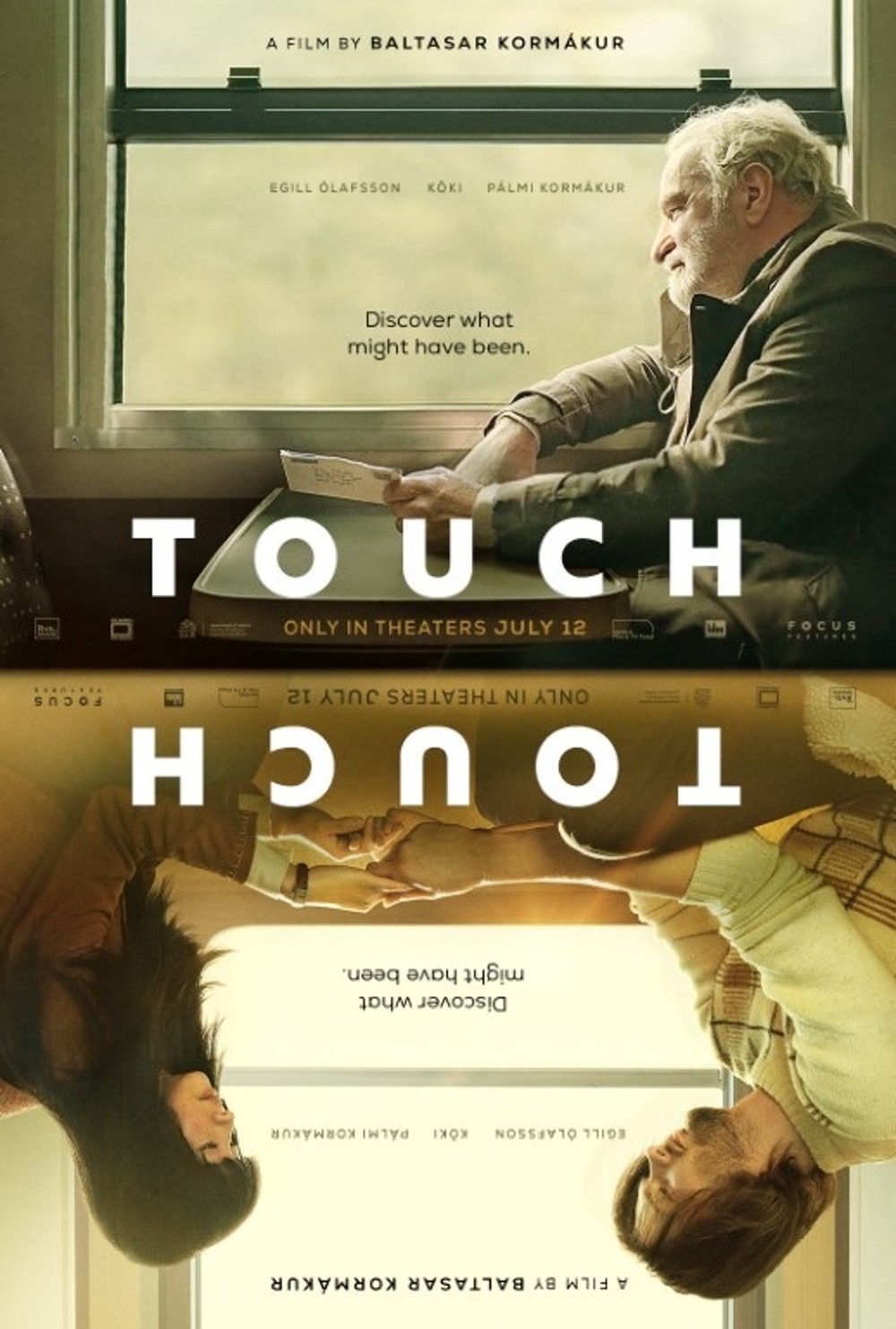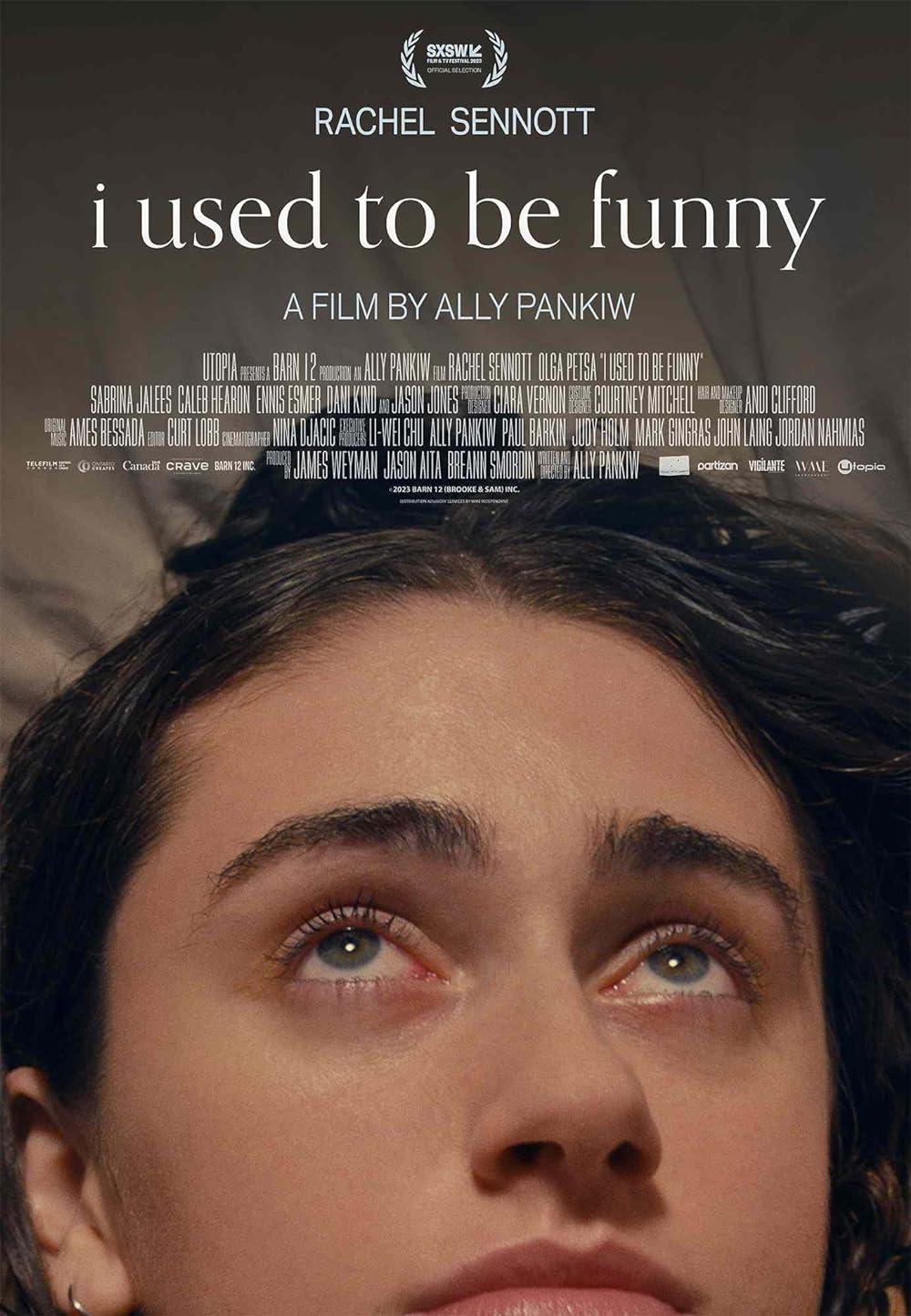SXSW has long been the fun cousin to the Sundance Film Festival–a music and tech fest all rolled into one, set in the sun-soaked climes of Austin, TX in the springtime, rather than the stifling cold and thin air of Park City, Utah. This year's fest left a lot to be desired, at least politically and culturally: Dozens of artists and speakers pulled out of the fest this year in protest of its sponsorship by the US military over its role in the war in Gaza, and the aggressive "AI's here, get used to it plebs!" ads that played before many screenings were met with resounding boos.
But for all the fest's foibles, I think it would be shortsighted to pass that ire down to the filmmakers or their projects–many of whom had little to no say in these decisions and who may not even support the actions the festival endorses (or knew about it before their role at the fest was secured). Most of the films I caught at the fest were, if not great, at the very least good, with a few remarkable gems thrown in between–tales of resilience and outsiderdom that deserve a closer look.
First is Contessa Gayles' "Songs from the Hole," a staggering hip-hop visual album that also doubles as a cry for humanity and justice for its central subject. At the age of fifteen, James "JJ'88" Jacobs shot and killed a man on the streets of LA for a perceived gangland slight, landing him in prison with a double-life sentence. Much of that time was spent in "the hole," aka solitary confinement—a place where you're left alone in a tiny box with literally nothing but your thoughts.
Lucky for Jacobs, he also had a notebook and pen, and has used the proceeding 15 years of his sentence (Jacobs was 31 at the time of filming) to explore his past, present, and uncertain future through music, scrawling lyrics amidst the long wait for a resentencing that may never come. But thanks to Jacobs, Gayles, and a bevy of talented music producers, these songs come to life outside the walls of his prison with bracing authenticity.
These are no amateur tracks: they're slickly produced, brimming with aching, pained lyrics ("If the legal system don't give me life, I'll probably get shot by my own nine"), feeling easily like contemporaries to the work of J. Cole or Kendrick Lamar. Gayles handles the visual album sequences with remarkable visual panache, literalizing Jacobs' honesty about the anger that led to that moment and the remorse he feels about the life and youth he has sacrificed.
At the same time, these sequences, and the film itself, make clear the circumstances that led him down the path in the first place: Poverty, systemic discrimination, the predatory fears of white supremacy (a frequent image involves an actor playing young Jacobs bedecked in a hoodie fitted with antlers: Trayvon Martin as prey for a hunter). On top of that, Jacobs grapples with the knowledge that his brother was killed a mere three days after his hit, and the prospect of forgiving the man responsible.
Meanwhile, Gayles smartly lends focus to the surviving family Jacobs left behind—his pastor father, his worried stepmother, sister, and fiancée—and their dogged attempts to get him released, or at least re-sentenced for good behavior. These stretches feel reminiscent of Garrett Bradley's superlative "Time," both testaments to the power of love and patience for Black families battling an unforgiving carceral state. (In a particularly cynical move, the state turns the very art Jacobs uses to heal and grow against himself: The argument is that these songs don't come from a genuine place of contrition, but an attempt to build a brand on the outside.)
Perhaps "Songs from the Hole"'s greatest triumph is in the way it humanizes someone who has committed one of the most irredeemable crimes known to man and successfully charts a path to redemption. We get very few glimpses of Jacobs as an adult: his story is told through archival photos, fuzzy collect calls from prison, and, of course, his songs. But the power of this doc comes from its ability to craft a three-dimensional story of a flawed but abiding human being despite that—all through the love of his family, the pain of his circumstances, and, of course, the art he creates.

Contrast that with the romantic, humanist "The Black Sea," courtesy of "Skate Kitchen" filmmaker Crystal Moselle. An artist intimately familiar with the ins and outs of documentary filmmaking ("The Wolfpack"), Moselle turns her observational eye to a bittersweet, unscripted narrative tale about a stranger in a strange land.
The stranger in question is Khalid (Derrick B. Harden, who co-directs with Moselle), an ambitious rapper-turned-barista in Brooklyn who discovers a rare olive branch when a woman in Bulgaria catfishes him via Facebook, offering to fly him out there and be his sugar mama. Taking what little cash he has left to fly halfway across the world, he lands in Bulgaria only to find that the old woman who brought him there has died. Lacking both friends and finances–he doesn't have the cash to fly back to America, and what little he has is stolen on night one–Khalid does his best to make the most of his lot in Bulgaria.
What follows is a loping, mostly charming dramedy, as Moselle, Harden, and the filmmakers improvise their way through a host of story beats with the help of nonprofessional Bulgarian actors. At first, Khalid depends on the largesse of skeevy Bulgarian workers like Georgi (Stoyo Mirkov), desperate to get by even when the offers seem grim (like having to pick up dog shit off a boat with his bare hands). But Khalid's effortless charm starts to endear himself to the people of Sozopol, especially Ina (Irmena Chichikova), a beautiful travel agent who becomes his closest confidant and maybe a bit more. It works on us, too; Harden, himself a rapper of not-inconsiderable talent, swaggers through this thing with enviable confidence. Even when he has no idea where he's going or little idea who he's talking to, he navigates the interaction with a loose, casual elan. It's easy to see how someone like him could make the most of a bad situation and how those who spend too much time with him might grow tired of him.
Blissfully, this doesn't happen, as the 90-minute runtime makes sure Khalid's overconfident expat saga doesn't overstay its welcome. But that same lackadaisical nature can make "The Black Sea"'s early stretches hard to sit through; just as Khalid wanders the streets of Sozopol in his slides, looking for a purpose, so too do we twiddle our thumbs, waiting for the story to find purchase. But it eventually does, leading to an ultimately winsome tale of the value of outsiders and the unexpected roads that can lead us to our purpose.

"I am my own art." Such was the perspective of one of Illinois' most curious creatures: Adrianne Blue Wakefield St. George, patron of the arts, lover of caftans, and the subject of Shannon Walsh's dreamlike doc "Adrianne & the Castle". Adrianne lived her life like a goddess, a Rubenesque figure who delighted those around her with her bold witticisms, her love of the visual and performing arts, and her brassy fashion sense, which lay somewhere between a Renaissance duchess and a 1970s drag queen. She was also the nucleus around which her husband, artisan Alan St. George, orbited–so much so that he built and renovated Havencrest Castle, a gargantuan palace bedecked with murals, knick-knacks, and paintings that served as a shrine to her in their three-plus decades of marital bliss.
But when she died in 2006, it was up to Alan to keep her memory alive–after all, he'd dedicated his life to her. What else was he going to do? That's the crux of "Adrianne & the Castle," as Walsh explores Adrianne's life and soul through Alan's loving, mourning remembrance of her and the Versailles on the Mississippi he forged for her. In so doing, she delves deeply into the void that Adrianne's absence leaves in Alan's life and his attempts to forge an existence for himself that escapes her voluminous shadow.
It's easy to see how Alan gets lost in his late wife's memory; after all, Walsh invites us to enter that abyss with us. Through archival videos, Alan's retellings, and contemporaneous footage of Havencrest in all its baroque majesty, "Adrianne & the Castle" paints a picture of a woman determined to be a living work of art. That shone through in her fashion sense (there was something of the aristocratic in the St. Georges' photoshoots as if Adrianne was living out her fantasy as a lost member of the Romanoffs), her love of theater and film, and the beaming smile she displayed in each image, both drawn and filmed. Walsh's approach feels almost therapeutic, as if this entire project is intended to help bring closure to Alan's grief; she hires an actress to play young Adrianne and a young man to play teenage Alan, the pair playing out crucial scenes of their courtship among a few sparse musical sequences that feel at home with her subjects' love of the theatrical.
For all its wistful magic, "Adrianne & the Castle" is a film about grief and what happens when you lose the very thing that defined your life up to that point. "It's a brave thing to fall in love," Alan admits; while Adrianne's living art project is complete (or "abandoned," as Alan opines on the nature of all artistry when the artist stops working on it), Alan's isn't. Whether that's to forge a life without Adrianne or to keep her flame alive until he goes out, we don't know. (Nor do we get to dig deep below the fantasia they've built for themselves; questions abound about whether there's a reason the two cut themselves off from the rest of the world, to say nothing of their own families.) But in keeping the fantasy alive, Walsh seems to honor Adrianne's wishes to forge a magical world of her own. That's what makes "Adrianne & the Castle" feel so very special.

